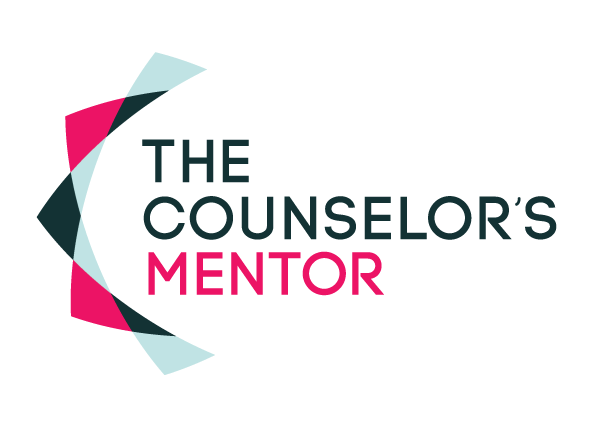When people think of the mental health profession, they often imagine a therapist in an office, sitting across from one client, hour after hour. That image, while common, doesn’t capture the full scope of what this profession has to offer. In fact, many people shy away from entering or staying in the field because they assume it’s sterile or boring.
But here’s the truth: Diversity of the Mental Health Profession is real, and it’s worth celebrating. This field is full of creativity, variety, and room to grow. Whether you’re newly licensed or seasoned in your career, there are tons of ways to expand your role. So take a read on how to pivot your focus and keep your passion alive.
Let’s explore just a few paths where you can direct your energy and attention:
Group Therapy
Group therapy can be a game-changer—especially in private practice. If one-to-one counseling starts to feel repetitive, group work challenges you to think more strategically. It requires you to respond to multiple personalities at once, and use your clinical instincts in dynamic ways.
It’s also a great way to bring in additional revenue while offering something meaningful and supportive to your clients. If you’re feeling stuck, adding in group work might just re-energize your practice.
Clinical Supervision
Depending on your state’s requirements, becoming a clinical supervisor is another great way to diversify your work. If you love mentoring, teaching, and guiding others through their professional development, this role might be a perfect fit.
There’s a whole generation of interns and associates looking for steady, knowledgeable support. And you could be the supervisor who shapes their journey. (As a clinical supervisor myself, I can tell you: supervision is one of the highlights of my week.)
Teaching
Whether you’re teaching in a university setting, leading online courses, or guest lecturing at community workshops, teaching is a rich opportunity for those who enjoy sharing knowledge. Opportunities exist at community colleges, universities, and even in graduate-level education, depending on your credentials.
If you’re organized, patient, and passionate, this may be for you. Teaching allows you to impact future clinicians while staying rooted in the field you love.
Public Speaking
Let’s be real—some of you just got excited, and others broke into a sweat. Public speaking isn’t everyone’s favorite, but it can be a powerful tool for both influence and income.
You are an expert in your field. (Say it again: I am an expert.) Companies, nonprofits, and school systems are always looking for mental health experts to speak at events, trainings, or wellness days. If you enjoy being on stage and speaking to diverse audiences, this avenue could expand your reach in big ways.
Writing
From blogs and books to social media posts and curriculum, writing offers an incredible outlet for mental health professionals. You get the ability to share knowledge, insight, and encouragement.
If you have ideas, a story, or a voice that people need to hear, writing lets you leave your mark far beyond the therapy room. People still crave written content—especially when it’s clear, educational, and human.
These are just a few ways you can live out the truth of the Diversity of the Mental Health Profession. Don’t let yourself fall into the trap of thinking this field is limited. You have options. You have a voice. And your work doesn’t have to look like anyone else’s.
I mean, look at me. The fact that you’re on this website reading this blog proves that things can move beyond the therapy room. I’ve built an entirely separate business dedicated to helping mental health professionals like you level up and step into the next stage of your career. You worked way too hard to let burnout—or worse yet, boredom—get the best of you.
Break that invisible glass ceiling. Try something new. And remember—the sky really is the limit.

